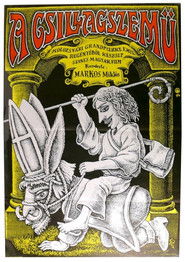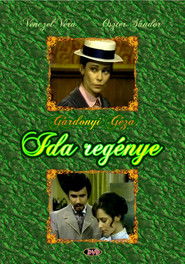detail profile s c3 a1ndor oszter
Peran Yang Di Mainkan Sándor Oszter
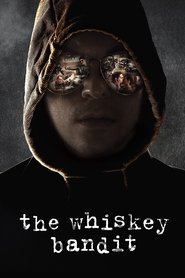 Between 1993 and 1999 one man robbed 29 financial...
Between 1993 and 1999 one man robbed 29 financial...The Whiskey Bandit 2017
Between 1993 and 1999, one man robbed 29 financial institutions in Budapest. Banks, post offices and even travel agencies fell victim to his crime spree. The police had no leads and no hope of finding him during his six-year stint. The only clue left behind at the crime scenes was the distinct aroma of whiskey. The media christened him the “Whiskey Bandit”. Never physically harming anyone, many began to eagerly follow his escapades through the media. A Transylvanian immigrant, who also happened to be a goalie for one of the city's largest hockey teams, named Attila Ambrus, was finally identified as the “Whiskey Bandit”. The police had finally captured him... or so they thought.
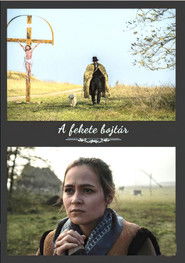 Istvn Sinka known in the farm...
Istvn Sinka known in the farm...A fekete bojtár 2015
István Sinka, known in the farm world of the Great Plains only as Black Burdock, is a decent, honest fellow. He stands out among his peers with his education and literacy. He and his love, Piroska, are happily planning their lives when an unexpected tragedy occurs.
 1859 Exploiting the AustrianFrenchItalian conflict Kossuth sends...
1859 Exploiting the AustrianFrenchItalian conflict Kossuth sends...Wild 1988
1859. Exploiting the Austrian-French-Italian conflict, Kossuth sends Batiszy Kristóf back from the emigration to organize the Hungarian Legion. Batiszy's company gets into trouble, Austrians are waiting for them, Hungarian authorities chase them, people stand still. Demolition of the troop is the task of Görgényi László chief district administrator, who used to be an officer in the revolution once.
 After five years of hard work...
After five years of hard work...Hordubal 1980
After five years of hard work in America Juraj Hordubal (Anatoliy Kuznetsov) returns back home. He is looking forward to his wife Polana (Libuse Geprtová) and his little daughter Hafie. The family and the village welcome him with hesitation. Everybody believed that Juraj died in America because Polana stopped receiving money from him already two years ago. Polana's farm was prospering first of all thanks to the young stable boy Stepán (Sándor Oszter). Men in the pub first indicate and then say to Juraj directly that Polana has been unfaithful to him with Stepán.
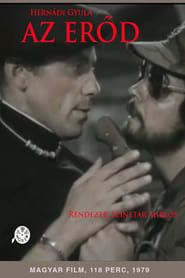 A World War IIstyle war game...
A World War IIstyle war game...The Fortress 1979
A World War II-style "war game" setting the wealthy customers against skilled mercenaries goes awry when the simulated war gets too real.
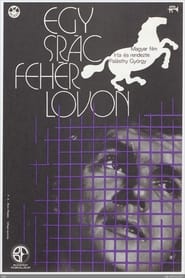 Dont give up your dream this...
Dont give up your dream this...A Lad on White Horse 1973
"Don't give up your dream" - this is how Demjén Ferenc's song goes and Gyuri darts along the endless fields on a white horse. The young crane-operator lives in a small larder-room, where he has to hang his chair on the wall and the tap drips. He has to share his mornings with his two dream "man-hunters", his father and his brother, who feel that he does not belong to them because of his desires and ambitions.
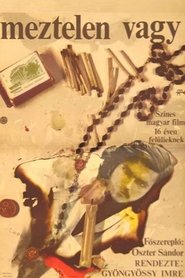 The director of Meztelen Vagy was...
The director of Meztelen Vagy was...The Legend About the Death and Resurrection of Two Young Men 1972
The director of Meztelen Vagy was imprisoned for many years during the latter part of the Stalin era and is known for his highly imagistic and symbolic storytelling techniques. This film tells its story in the same way, and at no point is the story made explicit. Images of love, death, suicide, violence and mutilation dominate.
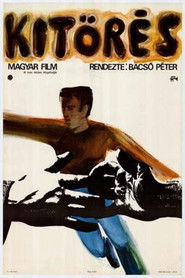 The main character of this film...
The main character of this film...Outbreak 1970
The main character of this film reminiscent of political writing is Laci, the young and ambitious factory worker. He lives with his brother's family. After an unsuccessful attempt to escape from his native country and the prison sentence which follows it he gets employed by Pray, the progressive thinker, at a newly established computer centre. It is here that Laci learns to know Anna, the new-leftist university student, daughter of the general manager. Tóth, although he does not favour their relationship, does not oppose it either.
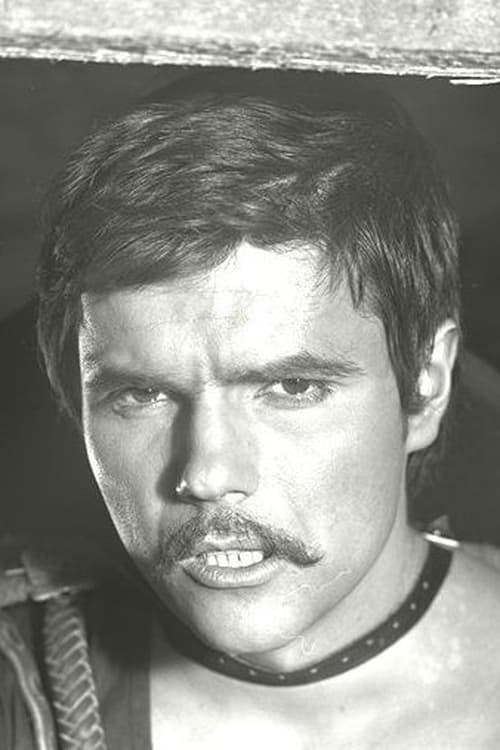
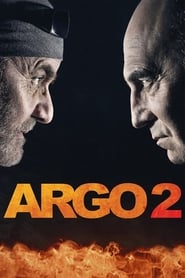
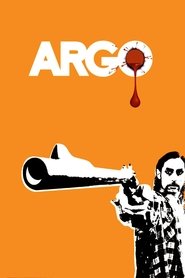 The crew of Tibi Balogh sets...
The crew of Tibi Balogh sets...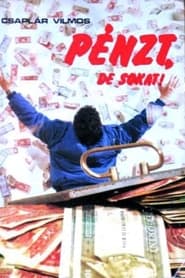
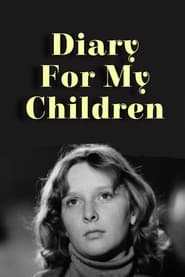 After having lost her parents young...
After having lost her parents young...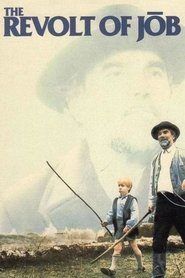 The story of a childless Jewish...
The story of a childless Jewish...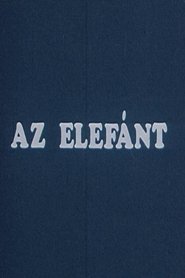 Just a few days before the...
Just a few days before the...